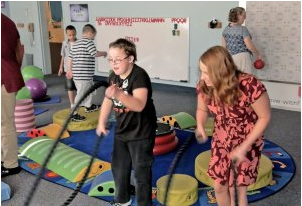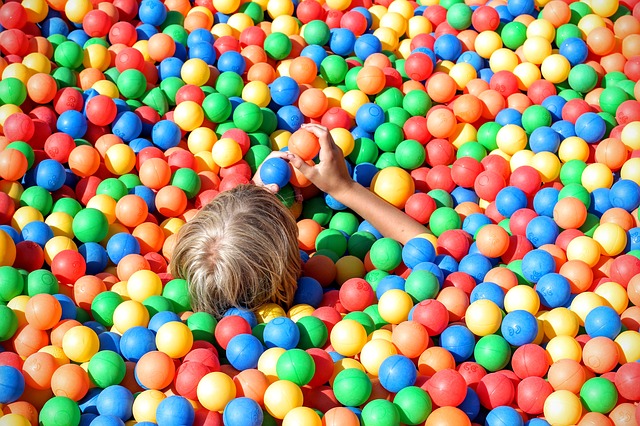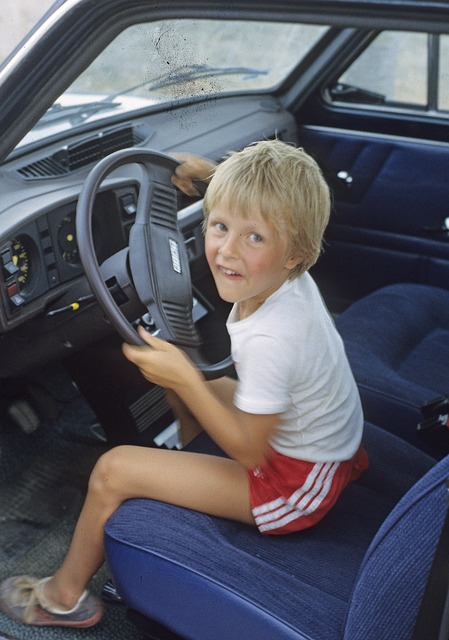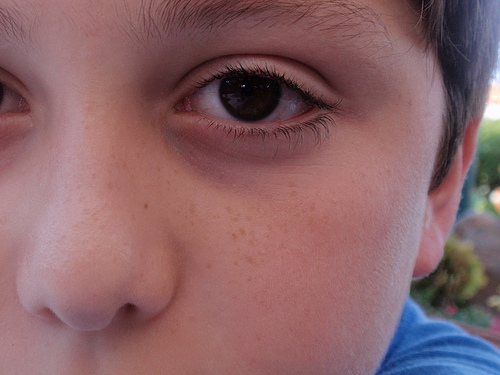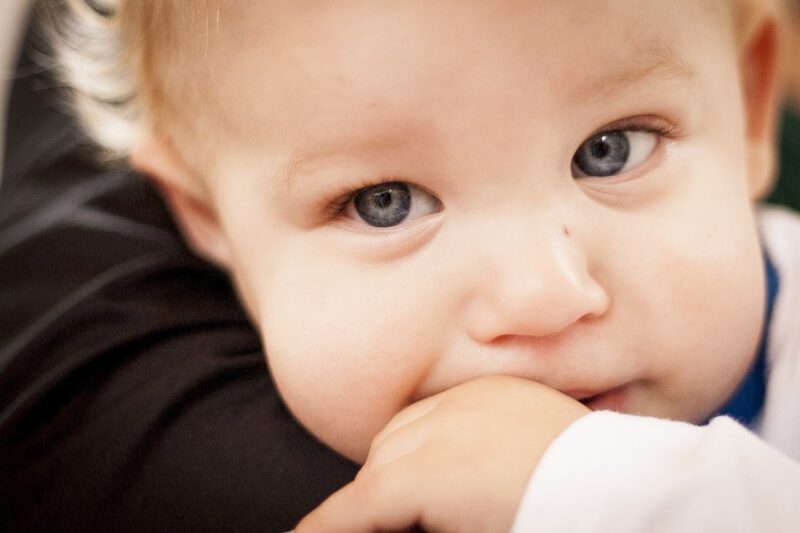
Disability Terms and Definitions Under the Individuals with Disabilities Education Act (IDEA)
There are 13 categories that guide how disability is defined under the federal special education law known as the Individuals with Disabilities Education Act (IDEA). In order to be eligible for special education and related services as a “child with Read more >>
